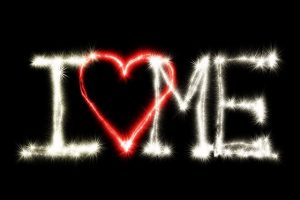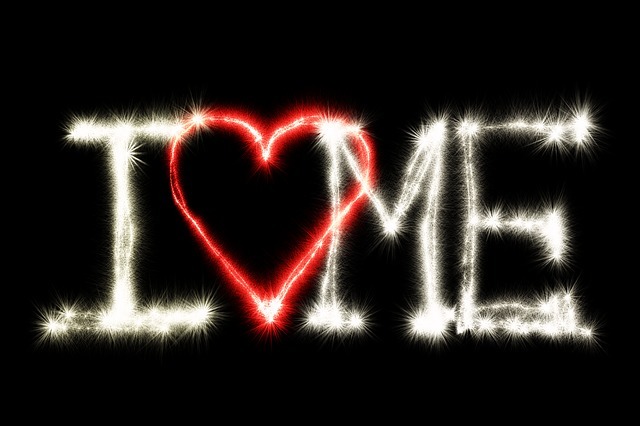
I had my first drink when I was a sophomore (maybe that summer before?) in high school, and within the span of a few short years, I’d say on balance, I was drinking more to relieve pain than to gain pleasure. In fact, as the authors describe in 30 Days, the desire to drink is understandable, even on the face of it, perhaps reasonable, derived from a positive intention to feel good (even though as Alan Carr and Annie Grace and others correctly point out the notion that drinking = pleasure is formed by social conditioning and marketing… nonetheless). I’d also say that early in my drinking “career” I started to feel uneasy about it, questioning it, realizing that the promises and benefits about drinking and alcohol never really seemed to materialize… But with the questioning there also presented no plausible alternatives. By this I mean, if you thought you had a drinking problem and you admitted such, you’d be labeled an alcoholic, and the stigma with that label is deep and vastly unappealing. As an undergraduate student, when I first really started thinking I should cut back, I was still trying to form my identity on my terms. I was insecure, internally I felt shy and awkward, still struggling with resentments and old hurts. Taking on the identity of an “alcoholic” was not an option. So I continued on a path that included drinking.
That path resulted in a lot of missed opportunities. Broken promises, to myself and others. And many consequences. Many, many times I have wondered what I could have achieved if alcohol had not been so steadfastly present in my life. And every single instant of these negative consequences and doubts and insecurities constituted another layer of guilt and shame. I wish someone had said to me back then what Kristen Johnston shared, “I speak to many addicts all the time, and what I probably tell them most often is: it’s not your fault. I know it feels like your fault. I know everyone tells you it’s your fault. I know everyone’s hurt and angry with you. I know you’ve done bad things. But the only thing in your control is seeking help to stop.”
I have to constantly remind myself that in spite of all this, I have achieved great things. Experienced great moments. Been to great places. Have (or had) great people in my life.
In recovery, as in life, understanding and “right-sizing” or resolving guilt and shame are so critically important for self- love, first, but also for other-love.
But for now, for here, it’s about accepting my past, fully.
And loving myself—my selves-– unconditionally.
And forgiving myself, finally.
It has to start there.








4 Comments
Thanks Jillian, that was useful at just the right time for me.
Happy to hear that David– happy new year!
The 30 Day Sobriety Solution book is here:
https://www.amazon.com/30-Day-Sobriety-Solution-Drinking-Privacy/dp/1476792968/
The link in the Youtube video goes to a rehab promotion site with no mention of the book.
Thankfully, it is not necessary to label oneself in order to stop destructive behaviours. Best wishes.